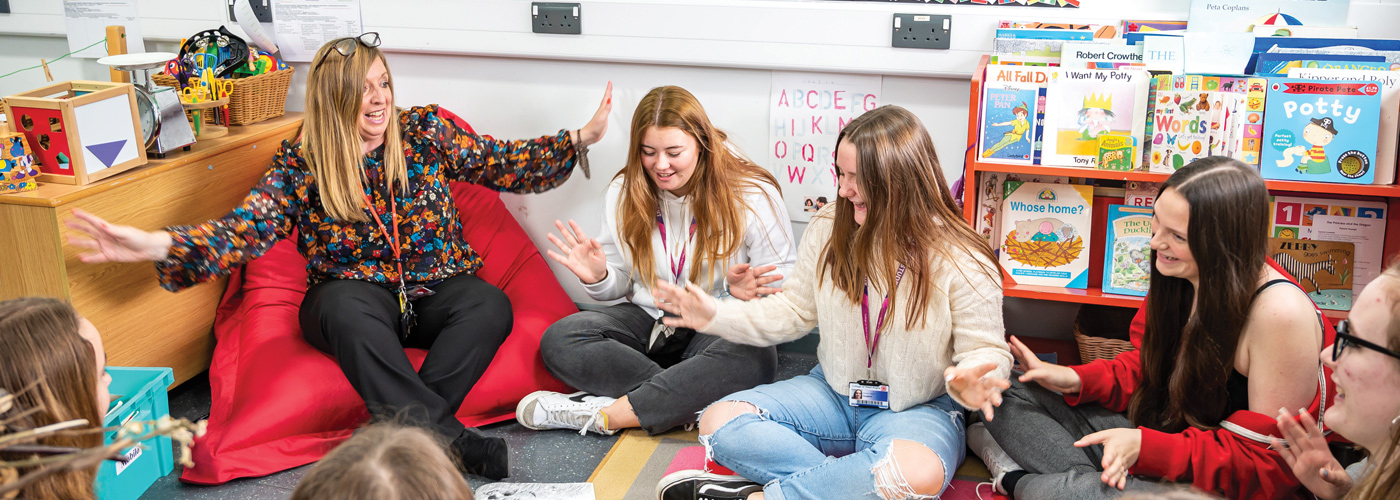Being able to negotiate effectively is a really valuable skill. It can help you in your career and in your personal life too. Negotiation is all about being able to settle differences and reach an agreement without arguments or conflict. You could be negotiating a new salary, a deal on a new car, or even which restaurant you and your partner eat at tonight.
Effective negotiation leads to a situation where all parties compromise and are satisfied with the outcome. Really successful negotiation however, is when you get where you want by convincing others to your point of view.

We looked at the best negotiation tips from “The Art of Negotiation: How to improvise Agreement in a Chaotic World” by Michael Wheeler and have summarised them here for our alumni.
- A negotiation is something fluid and unpredictable - you need to be ready to adapt, improvise, react and think creatively. You can’t always be prepared for what the other parties might say or do, or what their agenda might be.
- For this reason, your strategy for negotiation should read more like a map than a linear list. It should have lots of different possible routes and a few different acceptable outcomes.
- Before any negotiation, you should have an ultimate goal in mind (your stretch goal), plus a few minimum acceptable outcomes (baselines), pinpointed on your map. This way if you can’t reach your stretch goal, you’ve got somewhere to fall back to.
- As well as comparing a negotiation strategy to a map, Wheeler also uses the analogy of a recipe, saying that you wouldn’t make a recipe without preparing the ingredients - so you shouldn’t enter a negotiation without preparing.
- He also recommends that you should be flexible enough to be ready to come up with a Plan B that you haven’t prepared. That way if something comes up that you didn’t expect, you can be ready and willing to take an option you hadn't considered before.
- It is important to not react emotionally during a negotiation - you can’t control a situation completely, but you can control how you react. You should be calm, alert, patient, proactive, practical and creative. Wheeler recommends identifying the situations beforehand that make you react emotionally, and either avoid them, or prepare responses in advance.
- Pay attention to what the person you’re negotiating with is saying, as well as their body language and tone. It’s vital that you understand exactly what the other person wants and can pick up on their anxieties and things they want to avoid.
- The Golden Rule of negotiation is ‘Never say no, unless you really have to’ - try to work with whatever is on offer. As soon as you say no, the negotiating comes to an end, even if an agreement has not been reached, which isn't the end goal.
- First impressions are so important when negotiating - you’re weighing each other up and establishing the atmosphere in which the negotiation is going to take place. Instead of going in guns blazing, saying “I want,” say “how can we solve this problem together?”
- When you’re negotiating, emphasise what the person might lose, rather than what they can gain - this motivates people more.
- Keep it simple and don't confuse or frustrate the other person with too much choice.
- Finally, just like chess, negotiating gets better with experience. As you get better at reading other people and moving tactically, the more skilled you’ll become at moving across the board.
Read more advice on the alumni blog




